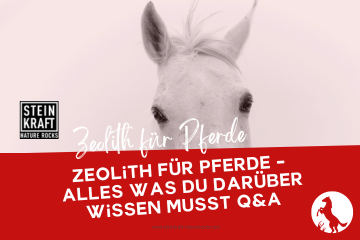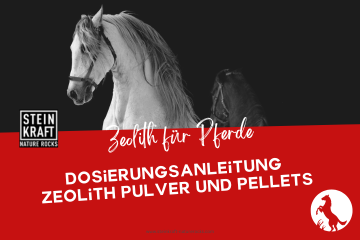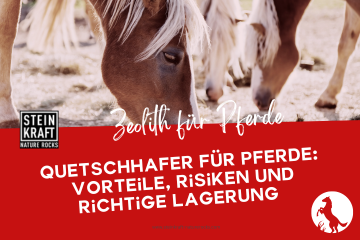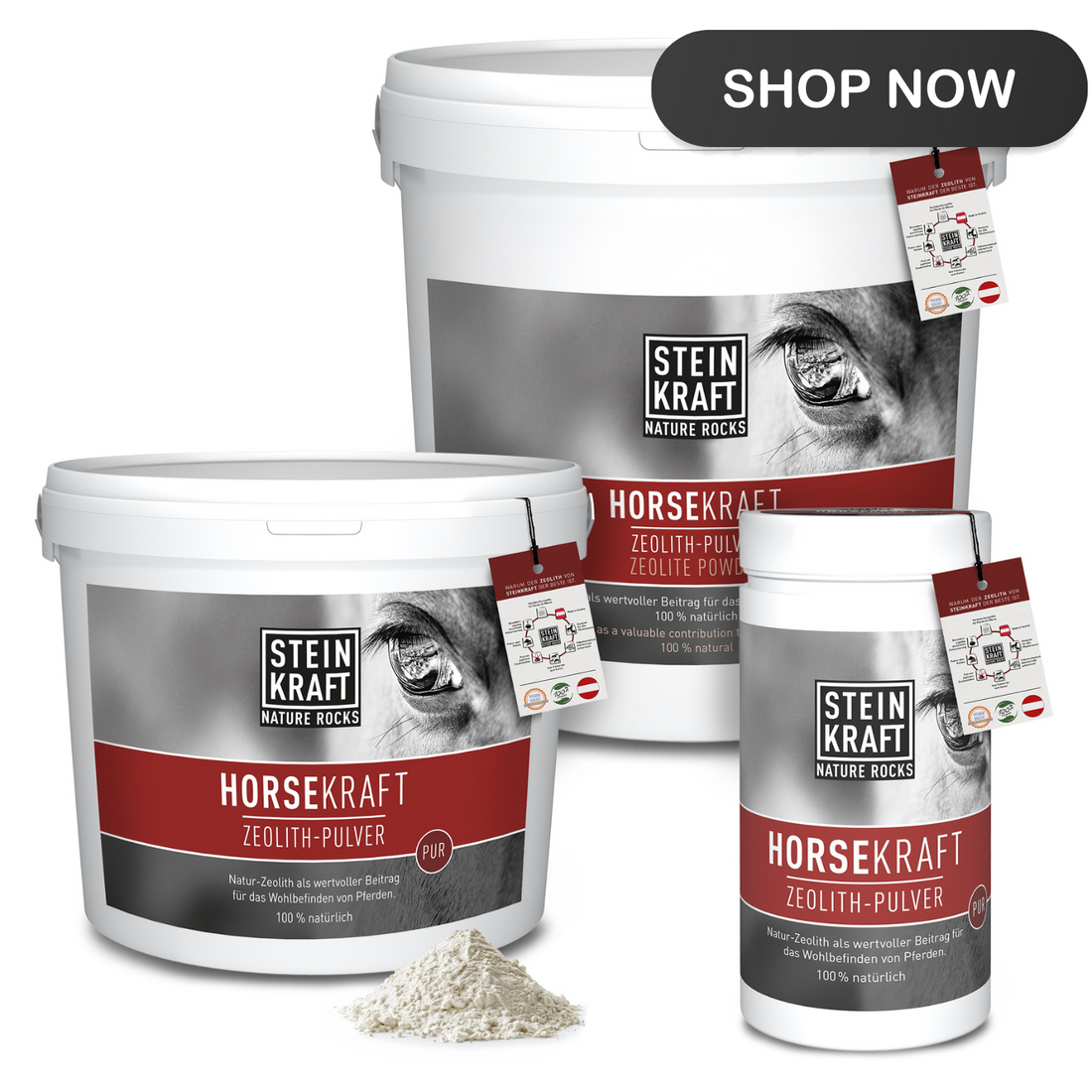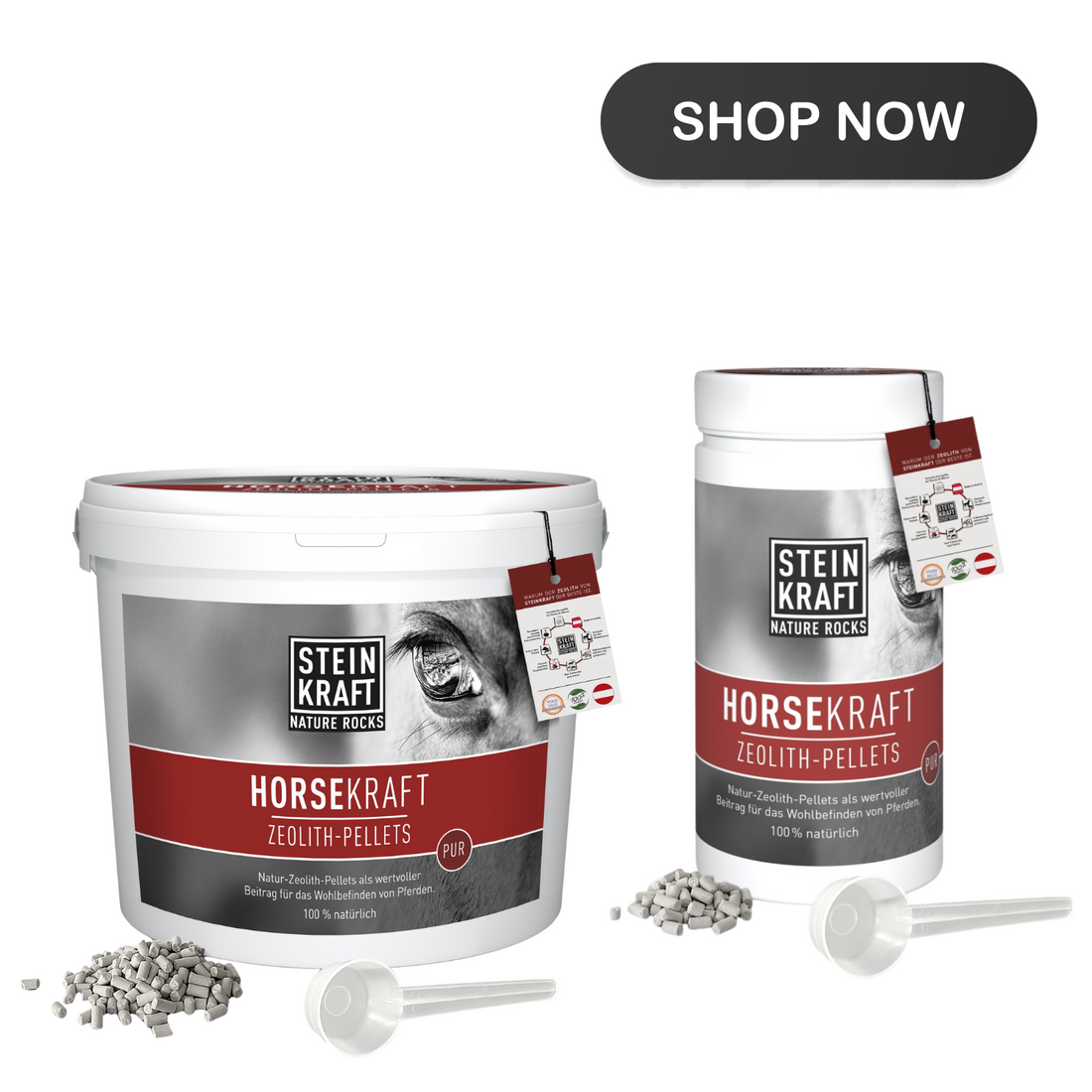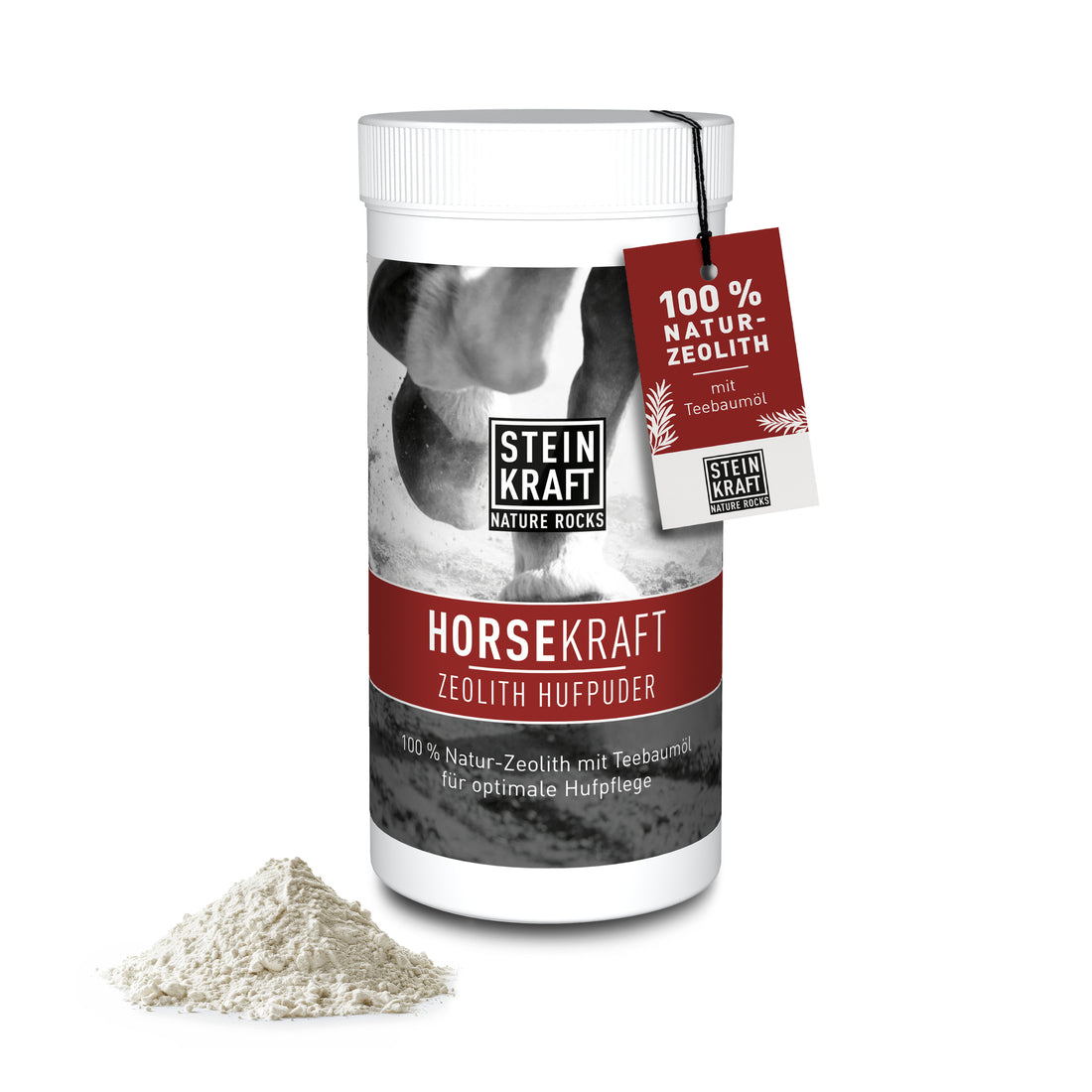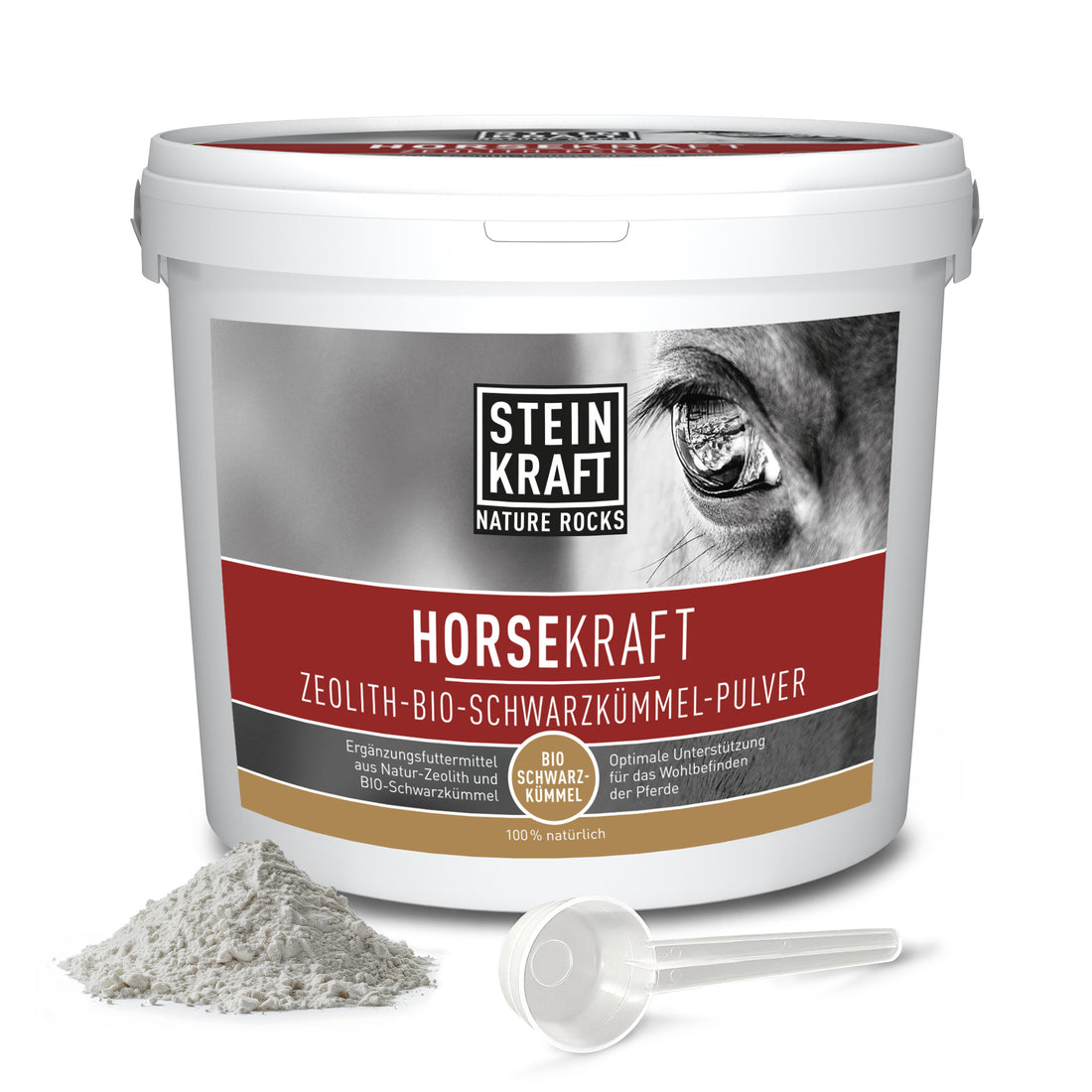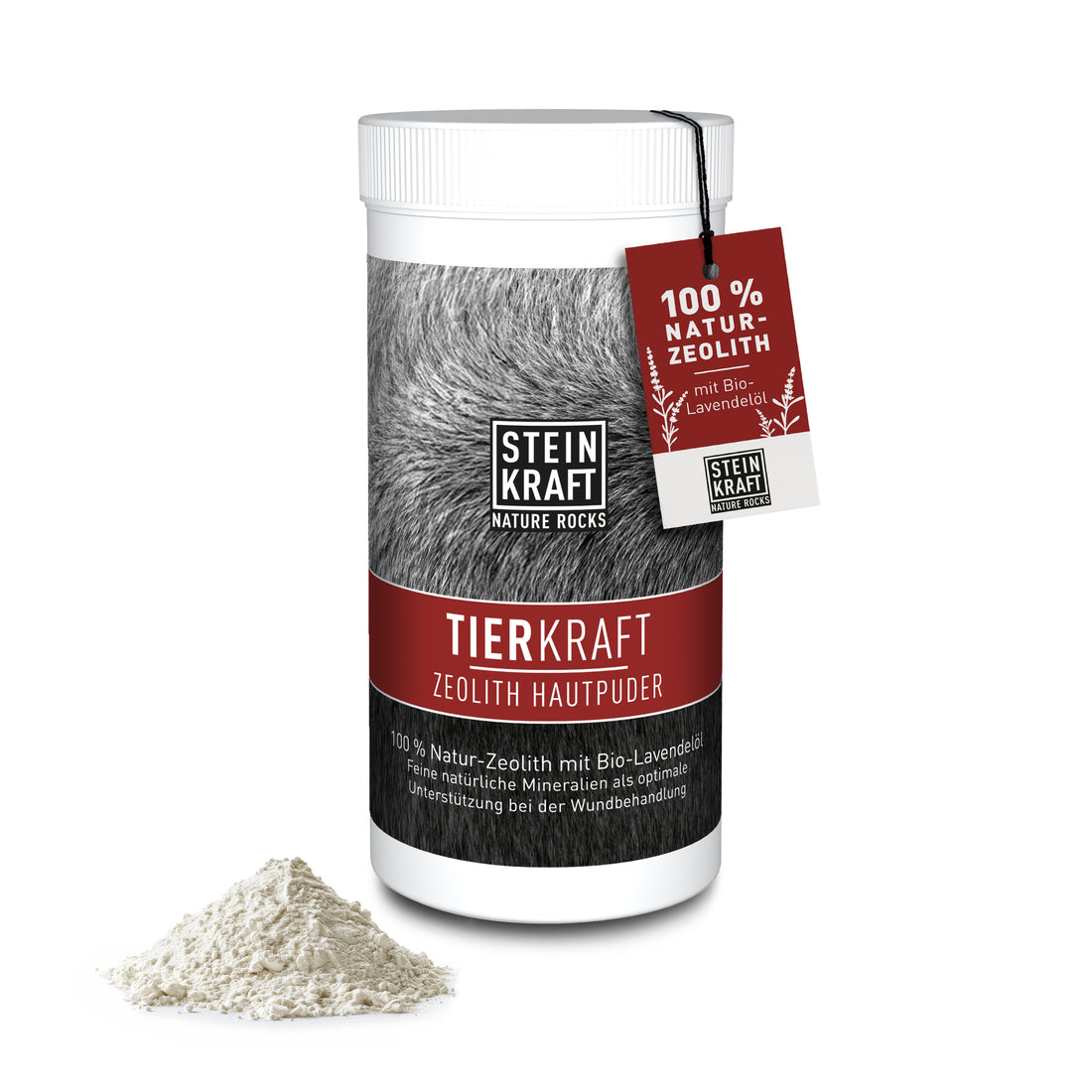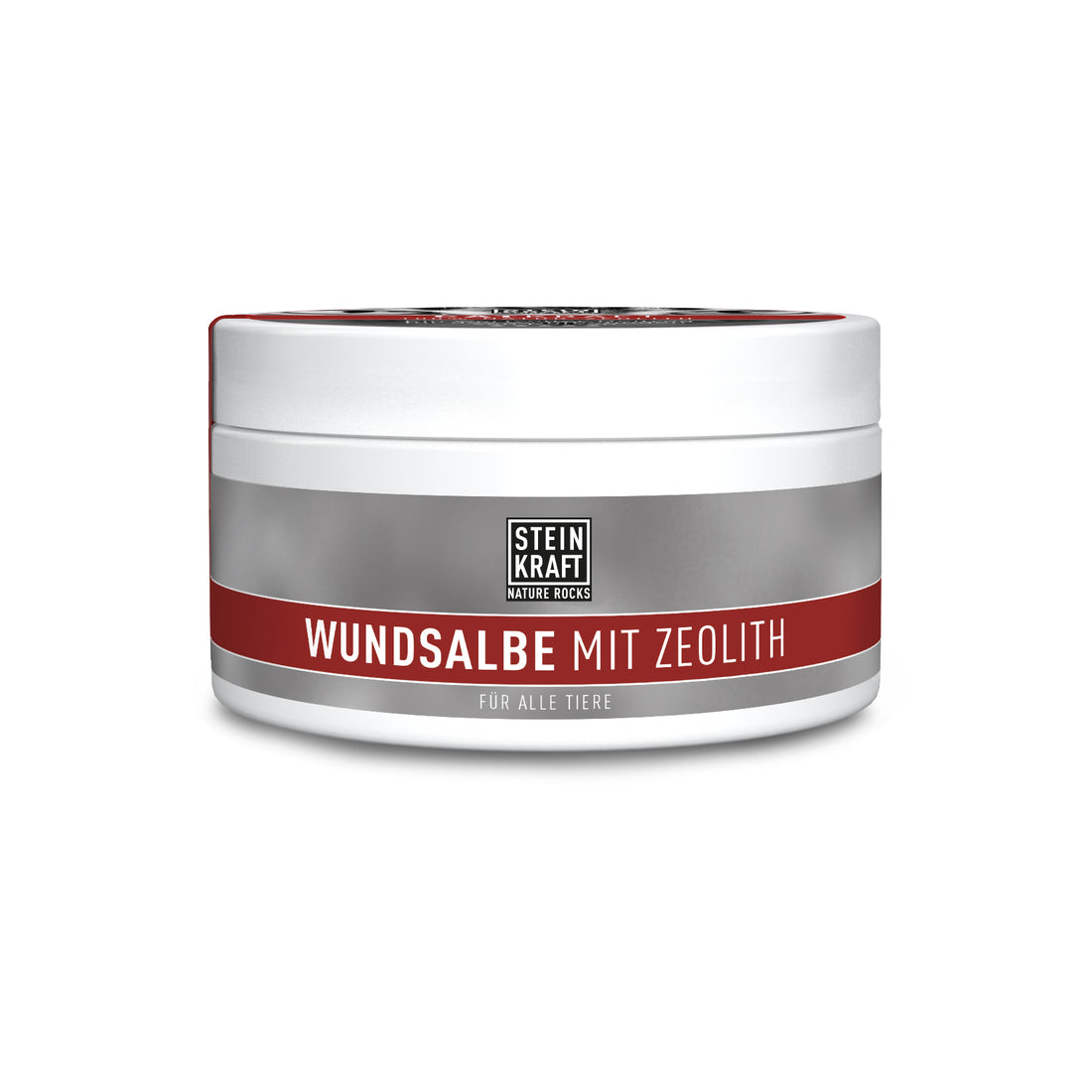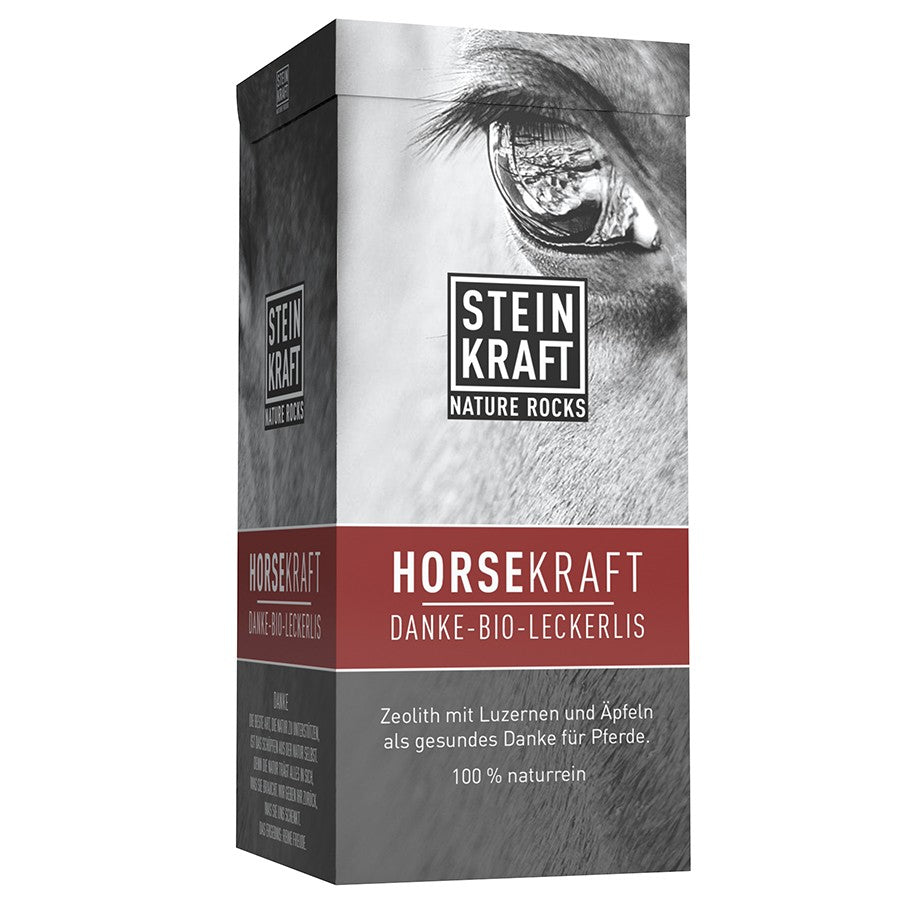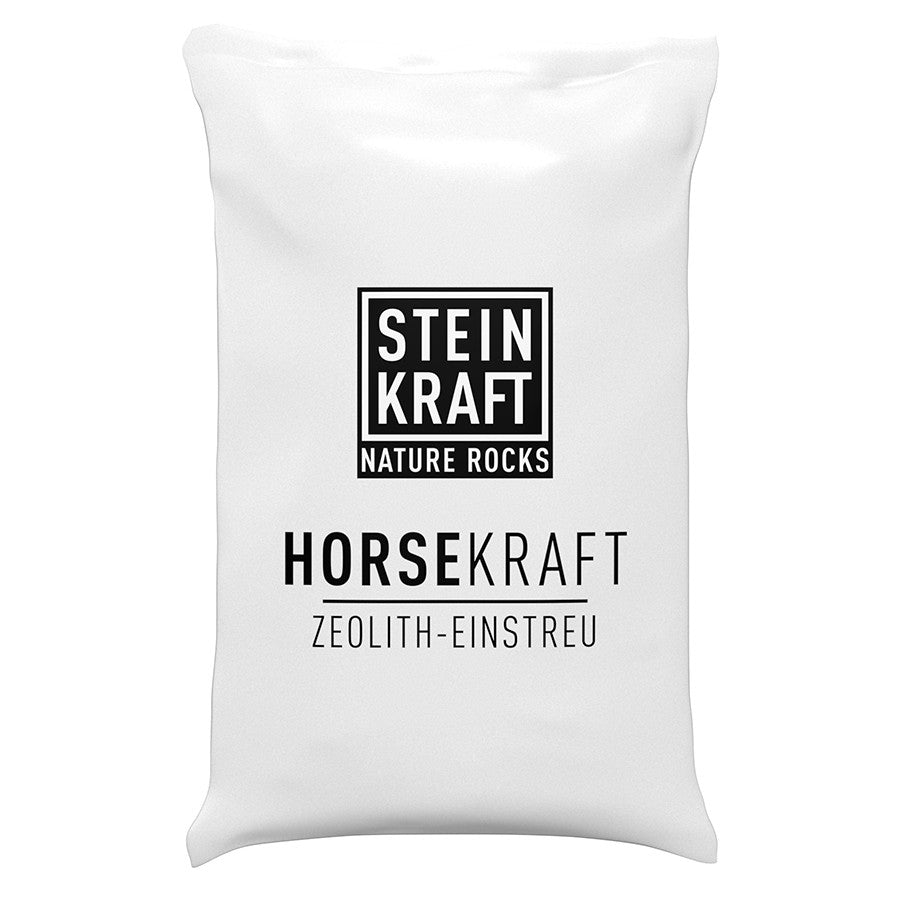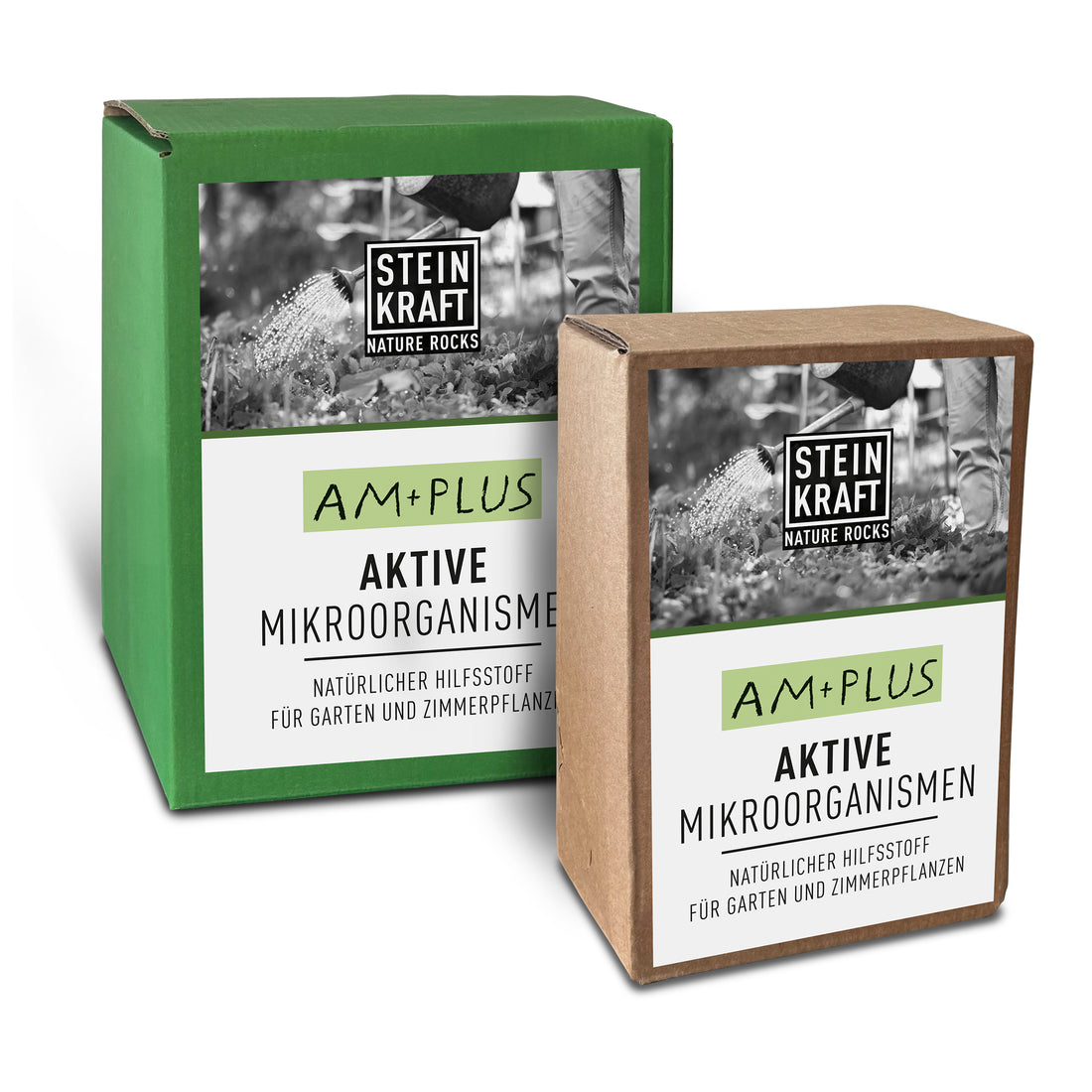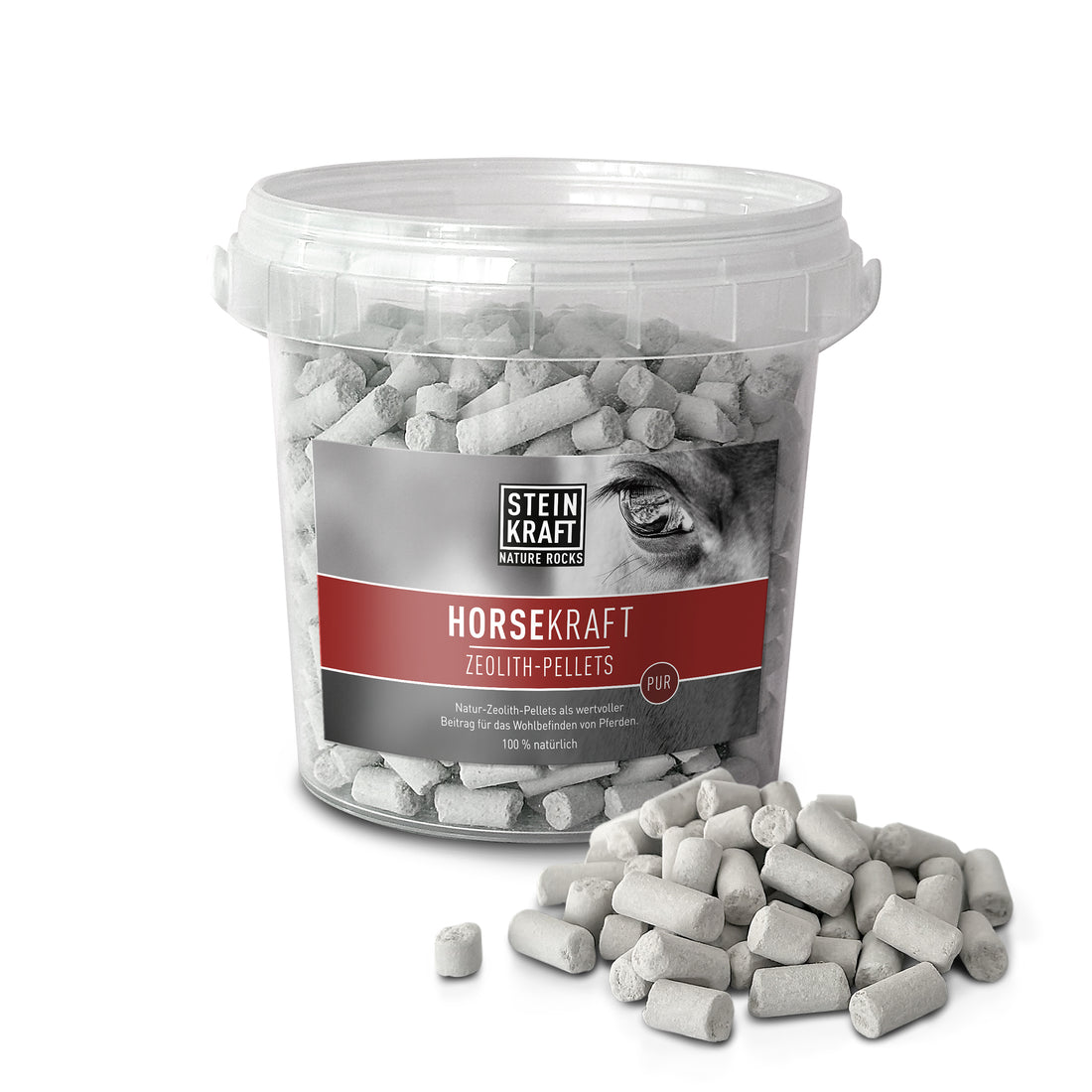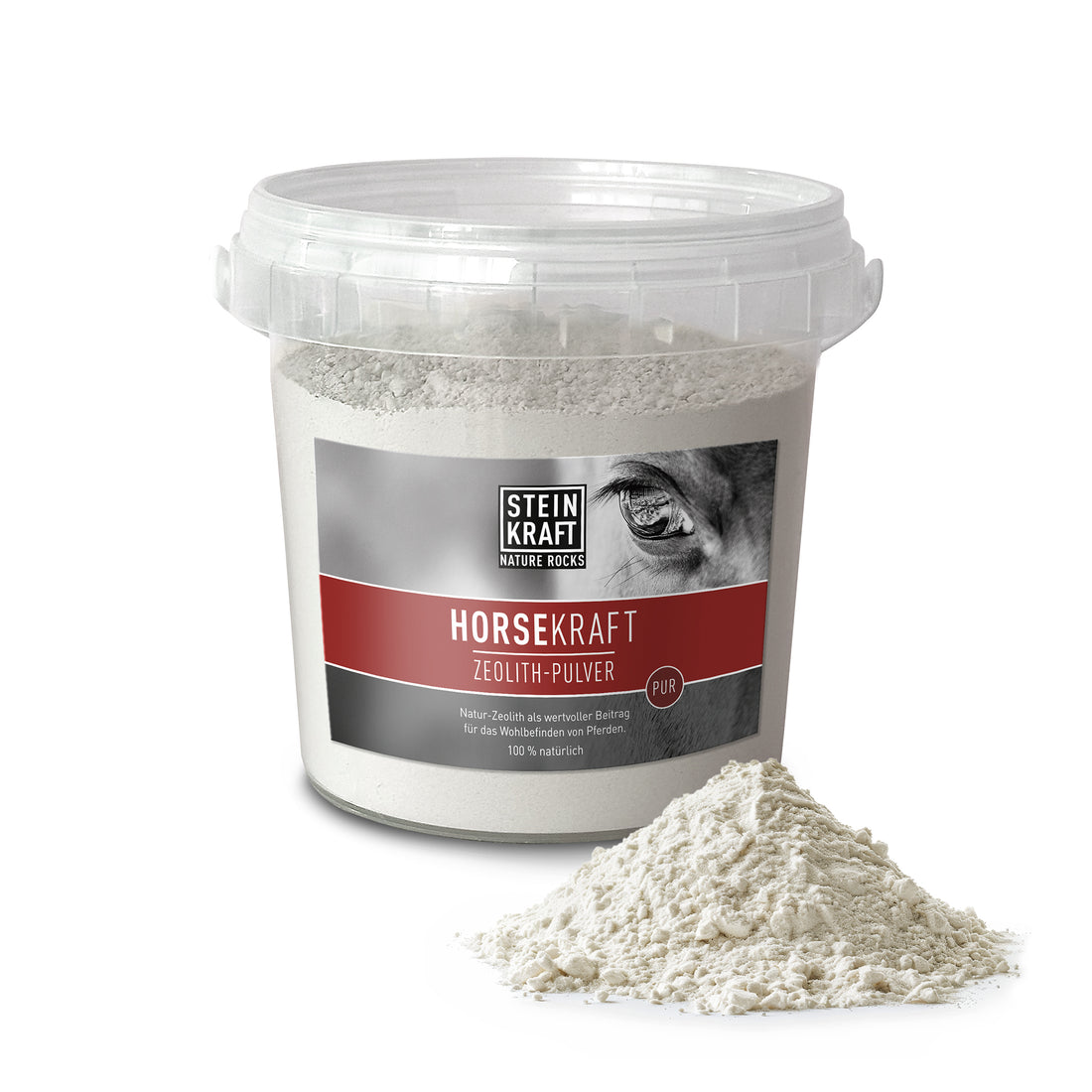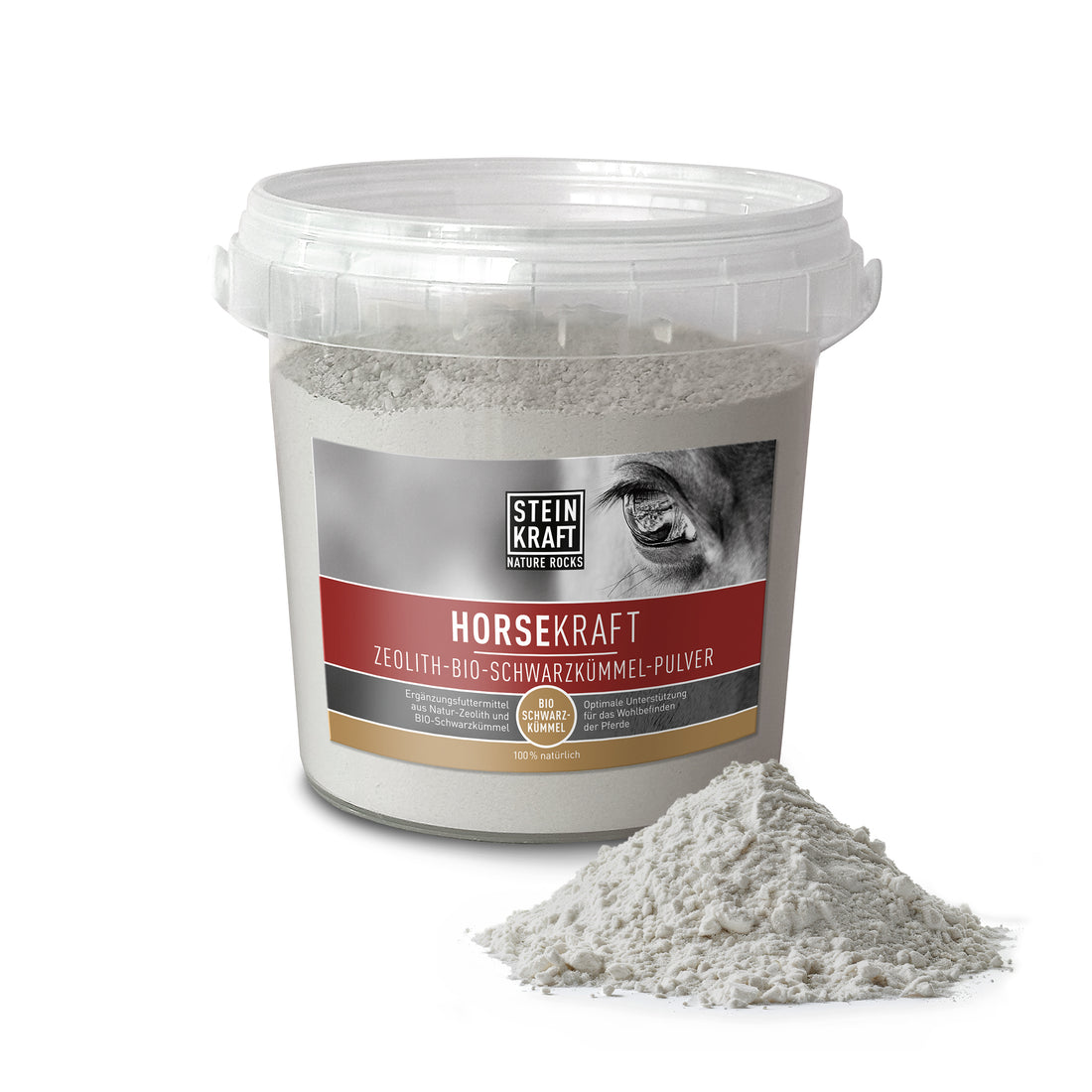Valuable tips on how to gain and maintain your horse's trust
Trust forms the foundation of interpersonal relationships. Once this foundation of trust is shaken or even completely destroyed, it is very difficult, and in some cases impossible, to continue the relationship on the same special level, if not completely break down. Trust is a particularly precious gift that must be approached with the necessary care. Trust should also form the foundation of my relationship with my horse and be a constant companion to our shared history.
Can flight animals actually gain trust?
As prey animals, horses observe their surroundings very closely at all times and react highly sensitively to external influences. Each of you has probably already made the fascinating observation (for me, every time) that not all members of a herd lie down to rest at the same time. At least one is always assigned as a watchdog, so that in an emergency - a predator stalking OR I approach with the garden hose to refill the water - they can raise the alarm and help their companions escape in time. This observation is particularly fascinating because the watchdog horse, in its protective role, already teaches us a lot about the nature of trust. It stands there calmly and serenely, giving the others sufficient security to rest. In that moment, they can rely completely on their watchdog.
I've compiled three tips for you here that I personally consider very valuable for gaining and maintaining your horse's trust. They might also give you the impetus to examine how your trust in your horse actually stands. Please keep in mind that no measure can work overnight. There's no button you can push to instantly establish trust. This, among other things, is precisely what makes it so valuable and so profound.
So let's talk trust!
Here are my 3 tips to gain your horse’s trust:
Tip 1 ★ If you're in a hurry, slow down!
It's in their nature as prey animals that horses react extremely sensitively to their surroundings. This includes us and our moods . So pay attention to the mindset with which you approach your horse and how your mood might affect your time together (both positively and negatively).
Have you been stressed, angry, anxious, insecure, impatient, or distracted lately? Perhaps you've been visiting your horse more often under time pressure because your schedule hasn't allowed it otherwise?
If you've been nodding your head a lot and remembering such negative things, it's definitely worth taking a closer look. The time factor plays a particularly important role in our energy.
Here’s my great aunt’s tip:
My great aunt always likes to say, "If you're in a hurry, go slow." A saying whose truth I only now truly understand. It sounds so simple, and this paradoxical intervention isn't immediately apparent. The moments when we're in a hurry and particularly stressed are precisely the times when we should slow down. Why?
Because when we act quickly, we lose our mindfulness, fall into old patterns, and our brain doesn't provide all the necessary information. We also have a flight mode and a fight mode. Our stress patterns are essentially fight and flight.
- Approach your horse with your best energy – just the fact that you are aware of your emotions (before visiting the horse!) is a step in the right direction.
- Plan enough time - without the pressure of time on your back, you can enjoy the time in a completely different way and radiate calm, which will give your horse a good and safe feeling and strengthen your bond.
- Prioritize quality over quantity —it's not about how many agenda items you can get through from your mental list during a visit to your horse. If today "only" leaves time for a quick hello, a treat, and a quick sniff of his fur, great! Quality clearly takes precedence here.
Tip 2 ★ Routines provide security and gain your horse's trust - your horse can count on you!
When it comes to trust, routine plays an important role alongside patience, time, and emotion. As a herd animal, your horse is evolutionarily accustomed to certain hierarchies and structures, even demands them and regularly tests their (still) existence. The leader sets the direction for his herd and leads them. For your relationship of trust, it is therefore important that your horse respects you as the "leader" during your time together and can rely on you in this role. Routines are a good way to establish this position and, in the long term, to prove yourself sufficiently competent in your horse's eyes. If you still feel very uncomfortable in your position, it is not uncommon for small bad habits to creep in that unsettle both you and your horse in your respective roles and are not necessarily conducive to mutual trust in the long term.
DANGER
What you might quickly dismiss as cute stubbornness can often be the first sign that something is out of balance in your relationship. In my personal experience, such "little bad habits" include, for example, refusing to lift the hoof when picking out the horse (this always worked perfectly, but now the weight is seemingly deliberately shifted), the misunderstanding on one or both sides that you are your horse's scratching post (I also viewed this as a sign of affection for a long time, BUT it can be really painful and should be stopped immediately), or my horse's refusal to stand still when I mount as soon as my foot touches the stirrup (you then manage to hoist yourself into the saddle in a rather unelegant way by hopping).
All three examples have one thing in common – lack of consideration and respect.
All of them can be an expression of the fact that you and your horse are not yet completely on the same wavelength and also that you are not yet fulfilling your role as leader reliably enough.
Assertiveness, loving strictness and consistency should therefore be taken very seriously and become part of your routine.
Of course, the above examples could also be signs that your horse is experiencing some kind of discomfort. Perhaps his frequent prancing around is due to muscle or balance problems. If you have concerns about this, please seek advice and support from a professional. In some cases, it's also worth having your saddler take a look at the fit of your saddle. It doesn't always fit perfectly and can cause uncomfortable pressure points. You want to make sure your horse is pain-free before you two begin working together.
Maybe you've already subconsciously developed a certain routine for yourselves. If not, it's never too late to start.
Routine ideas to gain and strengthen your horse's trust
- Make grooming a routine – grooming not only cleans your horse, but also offers a great opportunity for both of you to further build a bond of trust. Even on days when you don't expect any physical work from your horse, grooming can be part of your shared routine.
- Give training phases a framework – frame each exercise with treats (or special praise). Give your horse a reward before and after the exercise, marking both the beginning and end of the exercise.
- Practice consistency —you want to be a reliable companion and a good example to your horse. Therefore, it's important to set a realistic goal before starting the exercise and stick to it. For example, only get into the saddle when your horse is standing calmly beside you (even if this takes a while).
- Stay on track – Changes take time to become routine, so you should work on them consistently and maintain them for a while before replacing them with something new.
Tip 3 ★ Groundwork can help you gain your horse's trust. Sometimes it's worth staying grounded!
Every rider would probably agree that happiness can be found on horseback. When you get out of the saddle after a ride, you often find yourself floating a few centimeters above the ground. However, if there are trust issues between you and your horse, if you're just getting to know each other, or if you feel like you're not making any progress, groundwork can be a useful and trust-building alternative .
You need little to no equipment, but you should make sure to conduct groundwork in a safe environment for you and your horse (round pen, riding arena, or indoor riding arena) so that it can't injure itself while romping around. You can tailor the groundwork to be completely individual, interesting, and varied, which will also attract your horse's attention and make it more receptive to your approach.
Perhaps you could even include groundwork alongside riding as a regular part of your weekly routine? :)
My own story of gaining trust in my horses
From my personal experience, I can say that groundwork is incredibly beneficial for self-confidence. As a young beginner rider, I fell off my horse countless times (and that's really no understatement). During my weekly riding lessons, I was the one who flew off the back of one of the full-size ponies 98.99% of the time. With each fall, my self-confidence diminished, making it more difficult to mount. In addition, shame and fear were constant companions before and during riding. Furthermore, at the riding school, it wasn't really possible to build a trusting relationship with one of the school horses (ponies) and thus get to know their individual personalities better. There, you were often assigned to one of the horses immediately before the start of the lesson. The fear I learned there stayed with me for a very long time. Later, starting with groundwork gave me a lot of confidence when dealing with our own horses (especially during the getting-to-know-you phase). Both parties are grounded and have the opportunity to meet eye-to-eye. You can practice body language and learn how attentively your horse observes you and how sensitively it reacts to your movements. As always, the key here is to be patient and take your time, not to let yourself get stressed, and, above all, to approach the task with fun.
- Groundwork builds trust between you and your horse, as well as your own confidence – remember that groundwork should be done in a safe environment to avoid injury.
- Practice makes perfect – don't expect too much from yourself or your horse right away. One of the great things about working from the ground is that the performance factor takes a back seat.
- Groundwork doesn't require a lot of equipment – have patience and time to spare so that stress doesn't arise in the first place.
- Groundwork is interesting, varied, and fun—spending quality time together can do wonders for trust.
If you would like to learn more about groundwork or need specific instructions on exercises and equipment, then as a self-confessed bookworm, I can recommend the following literature in addition to internet research:
- Groundwork with horses – varied exercises that are fun by Sigrid Schöpe
- Groundwork with horses – Horse gymnastics, horse training, and much more! From Pferde Kompaktwissen (a collection of various authors sharing their expertise on various topics)
- If you're interested, feel free to check out the PFERDEFLÜSTEREI blog . There, among many other topics, you'll find information on groundwork, including exercise instructions and tips on equipment and supplies. It's also a very lovingly designed blog and absolutely worth reading!
I hope you enjoyed reading! Perhaps you and your horse could even relate to some of the tips, or perhaps you've gained a few new ideas for structuring your time together.
Have you heard of zeolite? It optimizes feed and you're doing your horse a favor.




